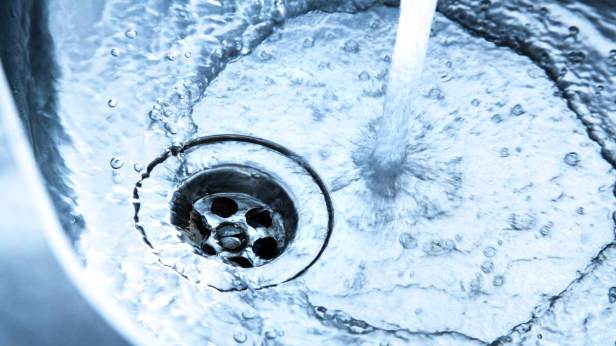Testing for PFAS on Cape Cod: STEEP Team visits Barnstable, Yarmouth
October 4, 2019

Read the full article by Bronwen Howells Walsh (Barnstable Patriot)
“Dozens of students attended STEEP Science Day at Barnstable Town Hall on Wednesday to meet the research scientists who are testing private well water on Cape Cod for traces of chemicals of emerging concern…
To date, about half, or 46 percent, of 101 private wells tested in 12 Cape towns contained at least one PFAS chemical, Schaider said.
Two or more PFAS chemicals were detected in 28 percent of the wells. Only 3 percent had PFAS levels exceeding a new, stricter groundwater standard, which would limit PFAS to 20 parts per trillion for six emerging chemicals.
Schaider said the team found somewhat higher detection in wells on the upper and mid-Cape, from Bourne to Barnstable, versus on the lower or outer Cape.
The team’s goal: to test 250 private wells on the Cape and Islands over five years. Findings will help define ways to minimize residents’ exposure and guide prevention.
‘We’re trying to build a conduit for collecting information,’ Schraider said. The testing – which is free and anonymous to volunteers – is ‘a chance to find out what people’s concerns and also what they have questions about.’
The studies are being conducted by the STEEP Superfund Research Program at the University of Rhode Island, in partnership with the Harvard T. H. Chang School of Public Health, the state Department of Environmental Health (DEP), and the Silent Spring Institute.
On Cape Cod, drinking water is an important PFAS exposure pathway, the scientists said. Point sources include firefighting foam that’s used at airports, fire training facilities, and wastewater treatment plants.
‘We found very concentrated plumes from AFFF (Aqueous Film Forming Foam) and additional traces due to wastewater infiltration beds,’ said Heidi Pikard, a Harvard PhD student working with Elsie Sunderland. ‘AFFF is the most severe cause of contamination. Even after 20-plus years of inactivity, these precursors aren’t really degrading.’…
Along with continued testing of private wells, the STEEP team will be looking at how children develop in the presence of some contaminants in their blood.
Another study getting underway this fall is called PFAS-REACH. It will examine PFAS exposures and immune system toxicity in 120 preschool-age children in Hyannis and Pease. Schaider said recruitment is underway, and a new website called the PFAS Exchange will be launching soon.
That study is led by Silent Spring Institute, in partnership with researchers at Northeastern and Michigan State, as well as two community groups, Massachusetts Breast Cancer Coalition and Testing for Pease.
PACE is working with Silent Spring on a third federal grant announced last week for a $1 million a year, which is part of a larger national health study funded by CDC. Testing in both adults and children will look at a longer list of health effects. Silent Spring is the lead on that grant as well.
Angela Slitt and Geoffrey Bothun of the URI College of Pharmacy are studying how PFAS chemicals tend to concentrate in liver tissue, enlarging the liver and inducing increased risk for injury and cancer.
While the EPA and Massachusetts have non-enforceable health advisories for PFOS, PFOA and several additional chemicals, there are currently no federal enforceable drinking water standards for PFAS. Regulators are looking at how to reduce their use as a class, since there are some 4,700 individual chemicals.
Presentations from STEEP Science Day are available online at web.uri.edu/steep/news-events/science-day-2/.”
This content provided by the PFAS Project.
Location:
Topics: